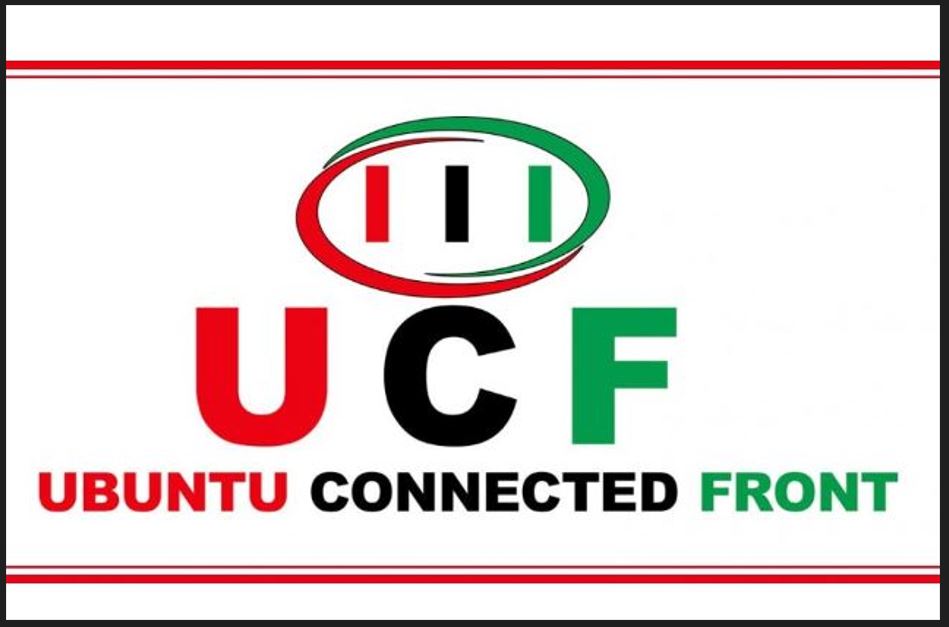Response Ubuntu Connected Front (UCF) Caribbean to return to democracy St. Eustatius
Last Friday, the St. Eustatius government representatives announced the gradual return to democracy for St. Eustatius. The question that should be asked why in the first place on February 8, 2018 our local government was overthrown and why the people of St Eustatius were deprived of their democracy?
Based on the report of the Commission of Wise Men in 2018 and the allegations that were made of ‘favoritism, threats, lust for power, discrimination, intimidation and arbitrariness’ up to present day there is no one who has been found guilty on the basis of criminal acts/offences. No one has examined the validity of the report’s conclusions.
Regarding corruption, racism, intimidation and arbitrariness, look at the allowance affair. A recent study by the platform for investigative journalism Follow The Money shows that the Dutch government has been keeping the inhabitants of the Caribbean Netherlands in poverty for twelve years, and not to say it wasn’t before the case.
Recent research by the Dutch Central Bureau of Statistics has shown that black and people of color have been hit hardest in the child benefits scandal. On St. Eustatius, an island with less than 4,000 inhabitants, the government has not been able to give citizens back their democratic rights for more than four years, this is colonial rule at its best. In fact, since the abolition of slavery the Afrikan diaspora community continue living in a survival mode, in poverty, in degradation, and are not treated equally due to the legacy of colonialism which continues impacting our lives on a daily basis.
Effects of the trans-Atlantic slave trade to this day
According to Kenneth Cuvalay, Chairman of Ubuntu Connected Front (UCF) Caribbean, while the restoration of democracy can be seen as positive, it should also be viewed from the Dutch trans-Atlantic slave trade and colonial perspective and the ensuing continuation of that legacy while colonial rule continues to dominate the will and self-determination of the people throughout and within the entire overseas kingdom of the Netherlands, and Cuvalay therefore believes there is no fundamental cause for rejoicing.
Colonial practices
Cuvalay explains: “When analyzing the reason for the dissolving our democratic elected government in 2018, the fact was that they took steps to be economically less dependent to the Dutch government and took steps by going to United Nations against how our island has been treated and how our people are marginalized and treated as second class citizens in their country after the transition which took place in October 2010 and so our nation had to be punished.
So, until the people of the region without fear of the might of the colonial power intervening in their choice and direction of self-determination, there is no guarantee of democracy. Our self-determination and our liberation from dependency on the Dutch government is that the Dutch government must recognize slavery and the enslavement of our Afrikan ancestors as a crime against humanity and offer conclusive state excuses together with reparations which is a demand. Slavery has been recognized as a crime against humanity by the United Nations and the European Parliament.” To cite Martinican poet and politician Aimé Césaire:
“‘I am talking about societies drained of their essence, cultures trampled underfoot, institutions undermined, lands confiscated, religions smashed, magnificent artistic creations destroyed, extraordinary possibilities wiped out.” (Césaire, Between Colonizer and Colonized, 1955)
Ghost of the past
And therefore, until that time the ghost of the past which is related to those crimes will continue to haunt the colonizer. We also need to understand that reparations are a moral and ethical demand and are not just simply about money. Reparations are also for example about repair of our communities that are in systemic underdevelopment, decay and poverty, and rewriting our history which has been distorted, and transformation of for example the educational system and return of our ancestral stolen heritage. The ‘Black Agenda’ of UCF offers a more detailed program for these reparations.
We just cannot talk about ‘healing’ if so many crimes from the past on our ancestors and descendants have not been investigated and recorded and compensated in the broadest meaning of the word. The impact of this in the present is equally important. And neither can we build and restore a healthy democracy and equal future when the colonizers do not recognize reparations as part of the solution. Reparations will enable us to be more self-reliant and much less dependent to the colonial powers. The fundamental basis for us as a people restoring our ancestor’s dignity is based on recognition, reparatory justice and development.
Moral duty towards our Ancestors
So, in memory and in honor of our spiritual and courageous ancestors who fought for our freedom without fear against oppression, whereas we now have the responsibility and moral duty regaining their full sovereignty and restoring their dignity and democracy of our country.




